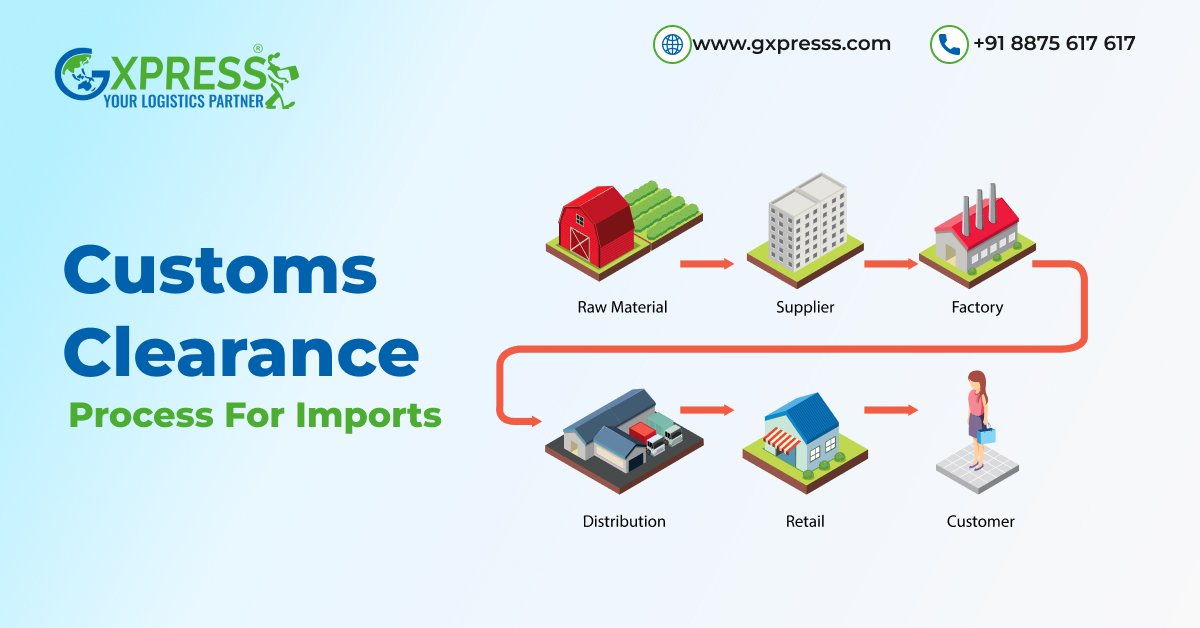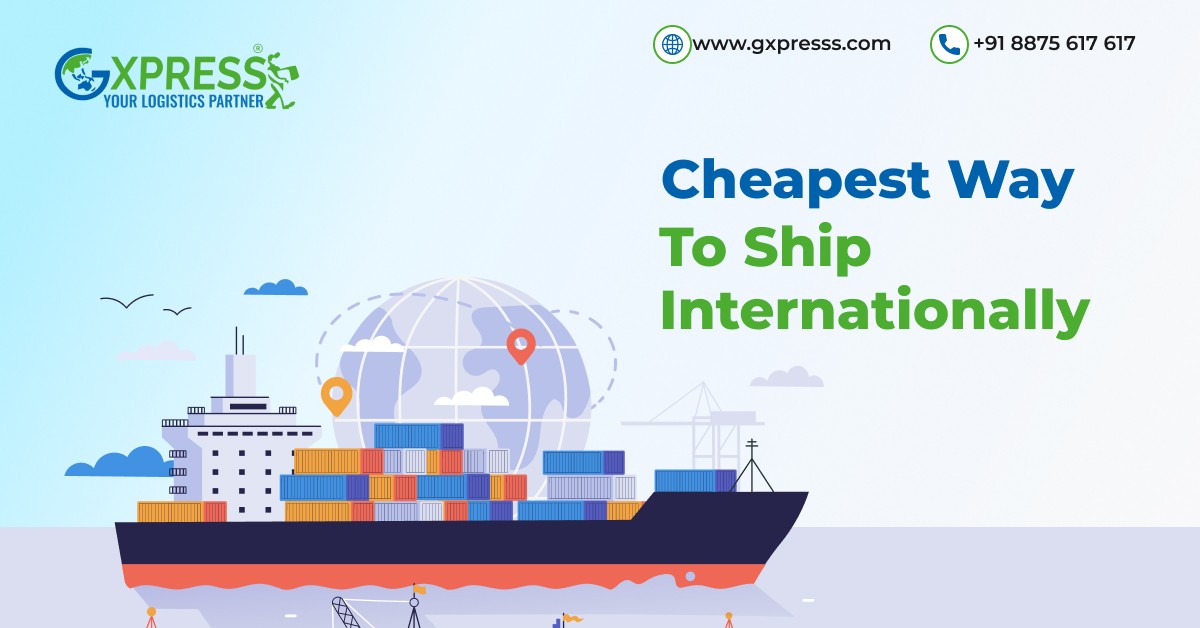June 30, 2025Freight7 min readBy Admin
Benefits of Choosing LCL Shipment: How Small Businesses Beat High Shipping Costs

LCL meaning in logistics has weight to it. When you run a small shop, each cent matters. LCL helps with that. If you wish to send your items far overseas, yet not by losing much cash. Enter LCL shipping: your secret weapon in the tricky world of worldwide shipping. If you've ever thought, "I can’t pay to send things far unless I fill an entire box," think once more.
LCL shipping, or Less than Container Load, is the star for many shop owners around the world. It's not just about sending stuff, it's about sending wisely. Let's see how picking LCL can shift the game for you.

LCL Meaning in Logistics
Let's make the hard words easy: LCL means you ship with Less Than Container Load. In easy words, LCL shipping lets you split a big box with other shops. You don't pay for a whole 20 or 40-foot box, just the spot your stuff takes. Think of it like sharing an Uber with people going the same way: it saves money, is faster, and is good for the earth. LCL is great for loads that are:- Too big and pricey for air shipment.
- Too small to use a whole box.
- Not needed urgently.
Requirements for LCL
LCL is easy for new users, but you need to check some boxes before you send your stuff:- Right Sizes: LCL prices depend on space in Cubic Meter (CBM), so know your cargo's size and how heavy it is.
- Strong Boxes: Your items join others in the load, so good packing is key to prevent harm.
- Ready Papers: You must have bills of lading, sales bills, and packing lists for an easy customs pass.
- Palletizing: It's not a must, but putting goods on pallets helps with better handling and stacking.
- Safe Items: HazMat (hazardous materials) require special permits and often can't go in regular LCL moves.
Benefits of Choosing LCL
So, why are more small businesses turning to LCL shipping?1. Cost Efficiency
The most obvious benefit: you pay only for what you use. No need to burn cash on unused container space.2. Flexibility
LCL allows you to ship smaller volumes more frequently. This means better inventory management and faster market response.3. Global Reach
If you're sending goods to Los Angeles or Lagos, LCL lets your small shop reach worldwide markets without big upfront costs.4. Lower Warehousing Costs
By sending smaller amounts more often, you cut back on the need for big storage spaces.5. Environmental Impact
LCL puts many shipments together. This means fewer boxes, less fuel use, and a smaller mark on the earth.How to Calculate LCL Ocean Freight Rates?
Figuring out LCL costs might seem like solving a puzzle, but it's easier than it seems once you know what to check:1. Calculate Volume (CBM)
CBM (Cubic Meter) is the standard unit. Formula: Length (m) × Width (m) × Height (m) = CBM2. Base Rate per CBM
Shipping lines charge a base rate per CBM. For instance, if the rate is $50/CBM and your cargo is 2.5 CBM, your base shipping cost is $125.3. Add Charges
- Origin fees (handling, documentation)
- Destination fees (unloading, delivery)
- Customs clearance (duties, taxes if applicable)
- Other surcharges (fuel, security)
- LCL ocean freight rates often vary because they depend on many factors.
- Always ask for a “total landed cost” quote from your freight forwarder to avoid surprise expenses.
- You can use LCL ocean freight calculator to figure out the costs.
Cost-Cutting LCL Logistics Strategies
Smart logistics isn’t about spending less; it’s about spending wisely. Here’s how to make the most of your LCL shipments:1. Send at Off-Peak Seasons
Stay away from big holidays and Chinese New Year, costs jump high because many want to send them.
2. Consolidate Shipments
Team up with a cargo handler who can bundle your items with others going to the same place.3. Plan in Advance
Avoid last-minute shipments. Give yourself buffer time to choose cost-effective carriers.4. Better Packing
Compact packaging reduces volume, and smaller CBM means lower charges.5. Make Deals with Freight Forwarders
Loyalty often pays. Building a long-term relationship can help secure better rates.LCL Ocean Freight Process
Curious what happens from the moment you book until your goods reach your customer? Here’s a simplified LCL journey:- Booking & Pickup You book your shipment, and the forwarder collects goods from your supplier or warehouse.
- Consolidation at Origin Port Your cargo joins others in a shared container.
- Ocean Transit The container sets sail for the destination port.
- Deconsolidation at Destination At the destination, the container is unpacked, and individual shipments are separated.
- Final Delivery Your goods are cleared through customs and delivered to your specified address.
Does Your Business Need LCL Ocean Freight?
Let’s paint a quick picture:- You own a small shop in India, bringing in handmade pots from Vietnam bit by bit.
- Or you're at the start of a new company in the U.S, getting eco-friendly clothes from Bangladesh.
- Or perhaps you're starting out with your first set of products and want to see how things go before you scale up.
Conclusion
LCL meaning in logistics is simple: in a place where the cost to send goods can hurt small businesses, LCL stands out as a great option. It's easy to use, not too costly, and made for those who dream big, even if their shipments are not. Picking LCL lets you tap into world markets without emptying your pocket. It means smart planning, smooth shipping, and it's better for the earth. So, when someone tells you that only large companies can handle world trade, just smile and say, “Not true, if you ship the smart way.”Frequently Asked Questions
Q1. What are the advantages of LCL?
LCL (Less-than-Container Load) lets you send small loads without a whole container. It cuts costs, lets you send just what you need, lowers the money tied up in stock, and is good for small firms to try new markets.Q2. When to use LCL?
Go for LCL if your goods don't fill a full container, often less than 15 CBM, and you want to dodge the high costs of air shipping or paying for a whole container.Q3. What is the LCL strategy?
The LCL plan means mixing small loads with others going to the same place. It cuts down on shipping costs, better handles stock, and lets you send out goods more often to places all over the world.Q4. What are the facts about the LCL?
They charge by size (CBM), not weight. Travel times can take a bit longer because of mixing and splitting up loads. Best for non-fast, well-packed items. You need to follow the rules for customs and packing.Q5. What is the LCL cost?
LCL prices hang on the size (CBM), way, port taxes, fuel extras, and handling fees. Even if the first price looks low, the full cost includes fees for the start, end, and paperwork. Always ask for a full cost story.Q6. What is the minimum weight for LCL?
There's not really a hard lowest weight, but LCL loads often begin at 1 CBM or about 200-250 kg. Very light loads may be cheaper to send by air if speed matters.Share this article:



